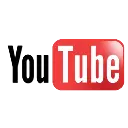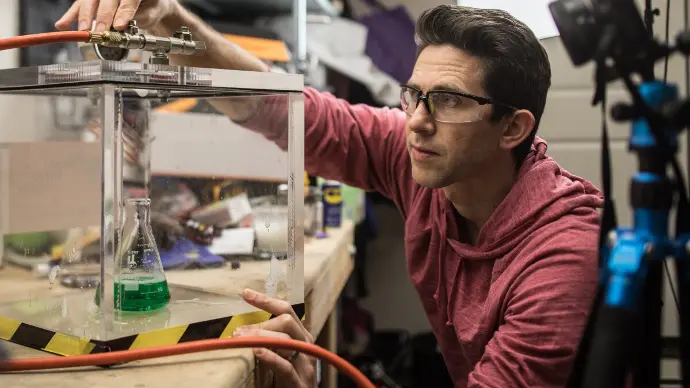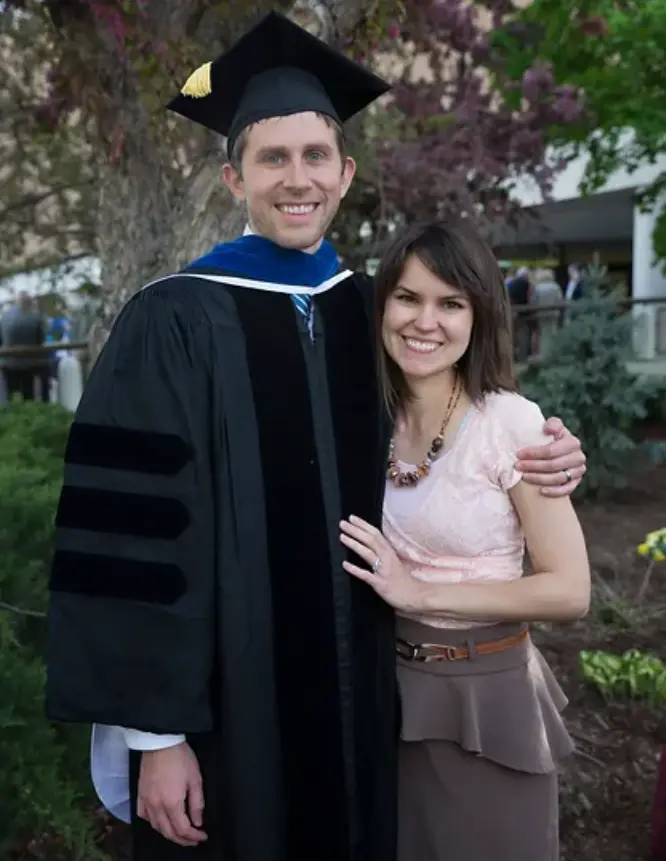My Story
Story
I started my channel in May of 2016 after I noticed a growing interest with destruction on YouTube. I went out on a limb and purchased a 20 ton hydraulic press and began crushing things and posting it just to see what would happen. My channel was originally called "Hydraulic Press Action." However, even in random crushing videos I couldn't help but talk about something interesting or scientific about the object I was crushing. As my channel grew in size, I began to use a vacuum chamber in addition to the press, and I began doing more general science videos. I finally transitioned to a full experiment-based channel and changed my name to "The Action Lab." Since then I have explored all different scientific topics from biology to physics. I genuinely love exploring science with the YouTube world. I am constantly learning and being challenged by my subscribers. I love teaching the rising generation that science is understandable and fun!

My PhD at Brigham Young University
I did my Bachelors and PhD in Chemical Engineering at Brigham Young University in Utah. My dissertation was entitled "Enhancement of Mass Transfer and Electron Usage for Syngas Fermentation." Basically I researched biofuels. Specifically I was looking into ways to make ethanol and butanol through fermentation that could be performed using gasses instead of sugars. This could potentially be used to make liquid fuel from anything with carbon in it...even from garbage! If you are brave enough, you can even check out my dissertation!

What I am working on?
Book 1: DIY Experiment Book!
My wife and I are currently working on writing a children/teen experiment book being published by Familius Digital Publishing. In this book I take my favorite at-home experiments from my channel and show you how to do them at home!
Book 2: Quantum Faith: A Quantum Theory of God
A scientific extremist believes that science holds all of the answers of the universe, and that faith is a vice to anyone who holds it dear. On the other hand, religious extremists believe that the bible and other scriptures are the only source of knowledge, and that science is a tool to deceive the truly penitent believers. Most people avoid these two extremes by compartmentalizing what they have learned religiously and secularly. They keep the two subjects separated and do the best they can to not mix them. The problem with compartmentalizing however, is that it ultimately obstructs you from being able to fully embrace or even understand your religion and science. In this book I show you some interesting theories about how it may not be necessary to separate the two.
